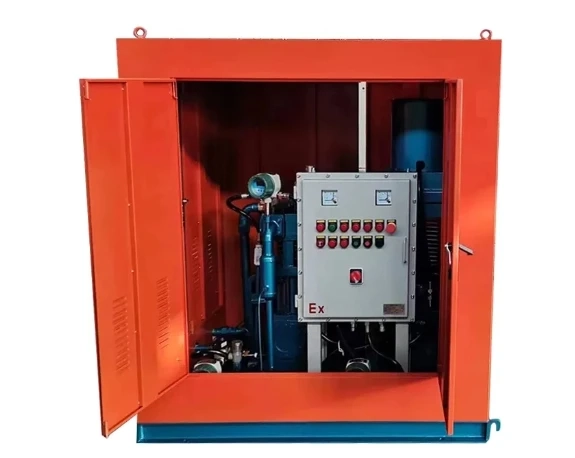Some of the key ways that heavy-duty air compressors are engineered to reduce noise include:
Enclosures and sound-dampening materials:
Heavy-duty compressors are often housed in soundproof enclosures or cabinets that utilize specialized acoustic insulation and vibration-dampening materials.This helps to absorb and contain the noise generated by the compressor components.Efficient compression mechanisms:
Compressor designs that generate less noise, such as scroll and rotary screw compressors, are often preferred for heavy-duty industrial applications.These compression methods create lower noise levels compared to older reciprocating compressor technologies.Noise-reducing components:
Compressors may incorporate specialized mufflers, silencers, heavy duty air compressor or other noise-attenuating components in the air intake and exhaust systems.This helps to reduce the transmission of noise through the compressed air system.Vibration control:
Heavy-duty compressors often have robust mounting systems and anti-vibration pads to isolate the compressor from the surrounding environment and minimize structure-borne noise.Advanced control systems:
Some modern heavy-duty compressors utilize variable speed drives and sophisticated control algorithms to optimize operation and further reduce noise levels, especially at partial loads.As a result of these design considerations, many heavy-duty industrial air compressors are capable of achieving noise levels in the range of 70-85 dBA at the compressor package, which is considered quite low for this class of equipment. The actual noise level will depend on the specific model, size, and configuration of the compressor.



